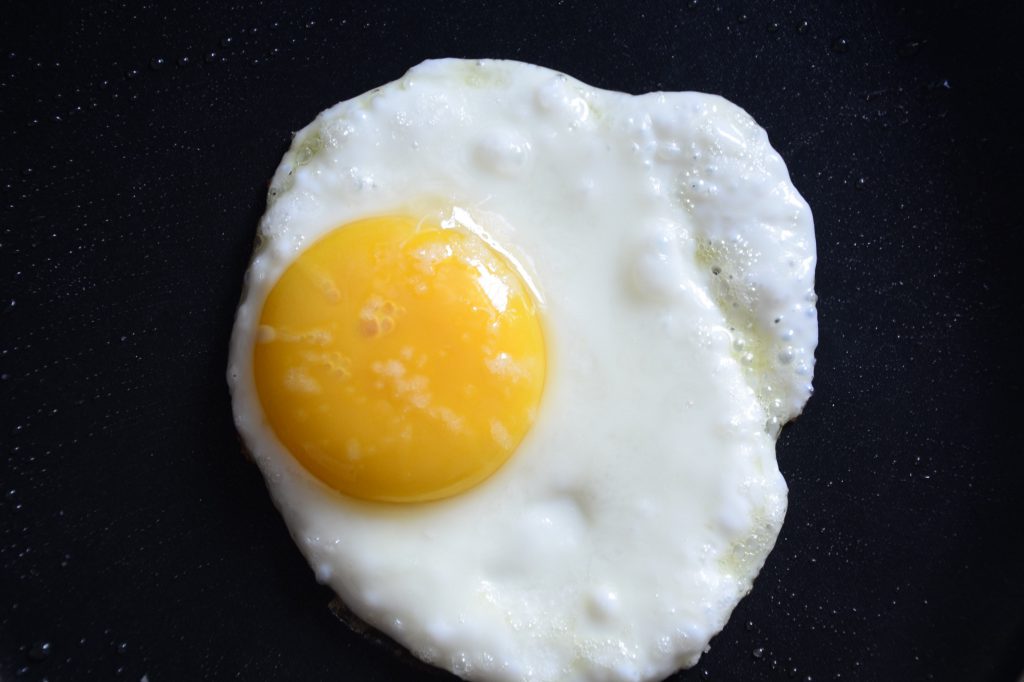Sulfur is one of chemistry’s most useful elements. Bacteria use it for energy, and, in fact, it’s the reason Yellowstone National Park smells like rotten eggs. Eggs contain a chemical called cysteine, which has a sulfur atom in it. The protein which helps us digest alcohol also depends on cysteine, which is why people think eggs cure hangovers (though evidence is lacking). Until 2018, researchers were struggling to figure out how this incredibly important amino acid came to be. All amino acids are created by enzymes, which are proteins that assist chemical reactions in the body, and the unique enzyme that makes cysteine just happens to require the presence of other cysteines. So, scientists were running into a real Chicken-or-The-Egg problem. On early Earth, then, how did the first cysteine come to be?
In order to answer this question, scientists from the Earth-Life Science Institute (ELSI) in Tokyo, along with help from NASA Ames Research Center, designed an experiment to test if the cysteine-making enzyme could exist without cysteine and how it might look and react. Biology relies on a blueprint, established by genes, to help make all proteins including enzymes. Since these researchers needed to make enzymes from scratch, they picked a simple, small, and easy-to-grow organism (E. coli) whose genome was well studied. All of these traits make modifying the bacteria and running the experiments much easier. Then, they took this E. coli and changed its genes to produce enzymes that do not contain cysteine. Scientists then took pictures of these proteins and tested them to see if they would react and make cysteine if given the proper food. They then did the same thing with an unchanged sample of E. coli and compared the two.
What the scientists found was shocking. The mutated enzymes were able to create cysteine! This suggested to scientists that cysteine didn’t have to be present on an early Earth in order for this amino acid to form. It seems that the presence of cysteine in these enzymes neither hinders nor gives a benefit to an organism. Why, then, do the modern cysteine enzymes even contain sulfur? They researchers concluded that the presence of cysteine in these enzymes might be a result of a completely neutral mutation in the earlier versions of the protein that has yet to be deleted. If it wasn’t hurting anything, then there was no reason to lose it.
Another outstanding observation from this study revealed that these enzymes without cysteine were actually more effective cysteine factories. Therefore, cysteine in a cell can actually slow down the manufacturing of more cysteine. The scientists in the study point out that the evidence for this is quite compelling, but also brand new, and are advocating for more research on the relationship between cysteine and its enzyme in order to figure out exactly why this is the case.
In the process of studying life, it is easy to come across simple questions that are tedious and difficult to answer. However, we can be assured of one thing, there will always be a group of scientists willing to answer the mysteries of life’s call.


